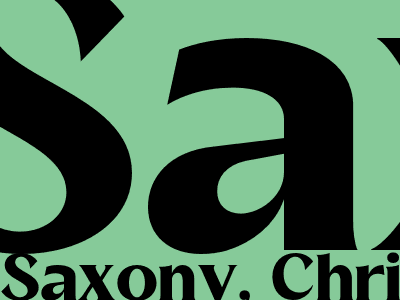
Upcoming News: Saxony, Christian Piwarz, and the Alternative for Germany
Saxony to Hold State Elections on September 1, 2024
Saxony, a state in eastern Germany, will hold state elections on September 1, 2024. The current government is a coalition between the Christian Democratic Union (CDU) and the Social Democratic Party (SPD). The CDU is the largest party in the state parliament, with 45 seats. The SPD is the second largest party, with 27 seats. Other parties represented in the state parliament include the Alternative for Germany (AfD), the Left Party, and the Greens.
Christian Piwarz Elected AfD State Chairman
In October 2022, Christian Piwarz was elected state chairman of the AfD in Saxony. Piwarz is a member of the Bundestag, the German federal parliament. He is a vocal critic of the government's immigration and refugee policies. Piwarz's election is seen as a sign of the growing strength of the AfD in Saxony.
AfD Gains Ground in Saxony
The AfD has been gaining ground in Saxony in recent years. In the 2021 federal election, the AfD won 24.6% of the vote in Saxony, making it the second most popular party in the state. The AfD's success in Saxony is due in part to the party's anti-immigration stance. Many voters in Saxony are concerned about the large number of refugees and asylum seekers who have come to Germany in recent years.
AfD's Policies
The AfD is a right-wing populist party. The party's platform includes opposition to immigration, support for German nationalism, and skepticism of the European Union. The AfD has been criticized for its anti-immigrant rhetoric and its ties to far-right groups. However, the party has also gained support from voters who are dissatisfied with the government's immigration and refugee policies.
Conclusion
The AfD is a growing force in Saxony. The party's success is due in part to the party's anti-immigration stance. Many voters in Saxony are concerned about the large number of refugees and asylum seekers who have come to Germany in recent years. The AfD's gains in Saxony are a sign of the growing dissatisfaction with the government's immigration and refugee policies.